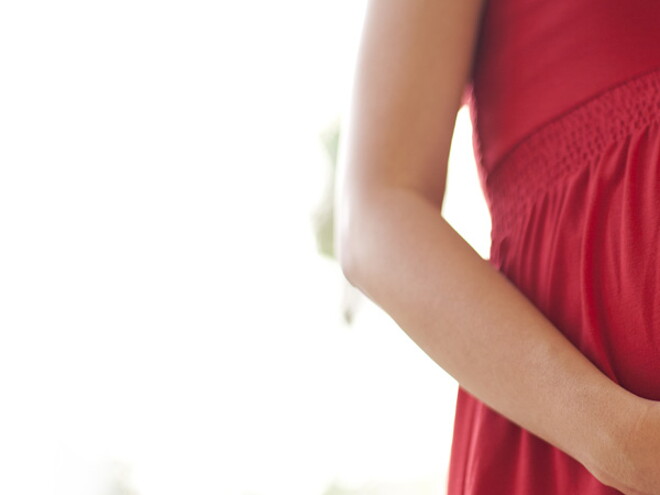
Second Trimester
Throughout your second trimester, you’ll continue to visit your doctor about once a month - as long as your pregnancy progresses as suggested by your doctor.
Monitoring your weight
Second trimester pregnancy includes your fourth, fifth and six months. During your second trimester the usual pattern of weight gain is about 400g per week or 1-2 kilos per month. Your doctor may monitor your weight, take measurements of your growing tummy to estimate your baby’s growth, and watch for signs of preeclampsia (a form of high blood pressure).
It’s important to keep your weight within the recommended range, otherwise you risk:
· putting extra stress on your heart, which is already working overtime to pump your increased blood volume;
· putting more stress on your joints, which pregnancy hormones have loosened;
· developing preeclampsia;
· backache;
· a more difficult labour
Urine test
At some stage your doctor may measure the protein and sugar in your urine to check for protein;
Maternal Serum Screening (MSS) test
This test is commonly offered in your second trimester. It measures the amount of four proteins in your blood and the results are combined with your age to identify your risk of having a baby with Down Syndrome, Edward Syndrome or neural tube defects.
Rhesus (Rh) antibody level test
This blood test is for rhesus-negative women. Most people have a specific protein in their blood called the Rh factor. Those who don’t are Rh-negative. If a woman tests Rh-negative, the baby’s father should also be tested because problems arise when an Rh-negative woman conceives a baby with an Rh-positive man.
Ultrasound
This test uses high-frequency sound waves to visualise the unborn baby. An ultrasound examination is performed in the second trimester to check the development of your baby’s spine, limbs, organs, brain and other structures. At this point you may also find out the sex of your baby if you wish.
Amniocentesis
This tests the fluid surrounding your baby to detect chromosomal and other genetic disorders, such as down syndrome, cystic fibrosis and neural tube defects. This is not necessary for all women and does come with assocated risks so you should discuss with your obstetrician if you have any concerns.




















